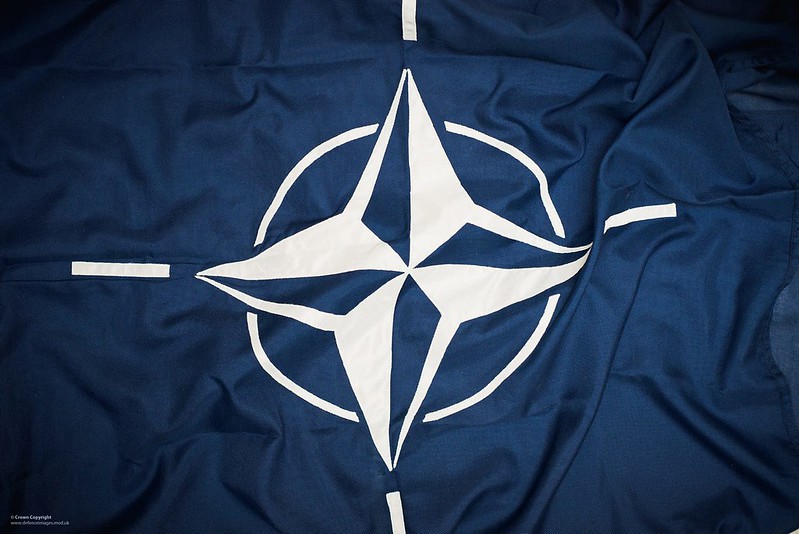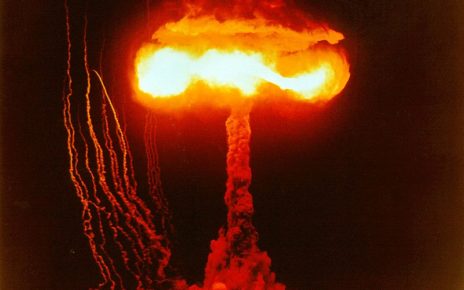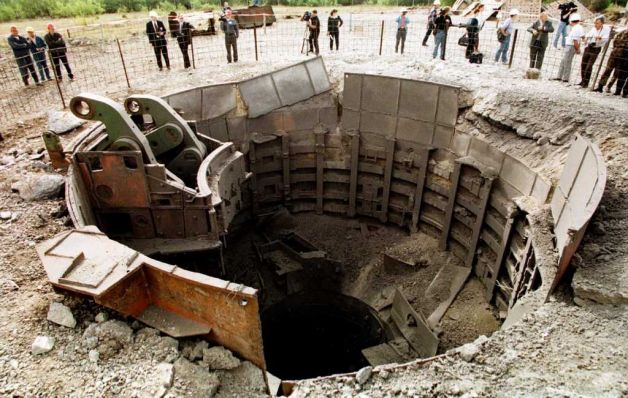NATO has undergone several periods of expansion throughout its long existence. From the original 12 member states in 1949, NATO has expanded to include 30 members now, plus the imminent accession of Finland and Sweden to the alliance. NATO’s expansion has at times been controversial. After the fall of the Soviet Union, many argued that NATO should not incorporate the Eastern European states; indeed, Russia has cited this action to justify its invasion of Ukraine.
In many ways, these periodic renewals have forced the alliance to re-examine its mission and its focus, especially after the end of the Cold War and the rise of China as a counterweight to US military and economic power. NATO’s expansion at the request of several Eastern European nations also posed security questions: should the alliance directly border Russia, knowing this would create a tenuous political environment in that nation? Once again, the alliance chose to proceed.
NATO is again faced with challenges around the globe, which may necessitate the inclusion of new members. Much depends on the alliance’s future geographical focus: should NATO expand to include potential members from, for instance, Africa or the Pacific? This would allow it to include states such as Algeria and Morocco, or even Australia, Japan, or New Zealand, and give it a formal presence in developing and competitive new theatres.
The criteria for joining NATO are not as stringent as might be expected for a multinational military alliance. Within the North Atlantic Treaty, Article 10 simply mentions that the alliance may “invite any other European State…to contribute to the security of the North Atlantic area to accede to this Treaty,” sometimes termed the “Open Door” policy. The language, written when the threat of a Soviet invasion was a real fear, is specific: “European State” and “North Atlantic area” are both geographical regions which defined NATO’s original focus. Yet the Treaty contains a provision for altering its own focus and intent: Article 12 clearly allows the States Parties to review the treaty to account for “the development of universal as well as regional arrangements…for the maintenance of international peace and security.” Thus, a NATO presence in the Indo-Pacific, or the Arctic, or another environment, is technically possible under the spirit of “regional arrangements”: which would divorce the alliance from its traditional geographic theatre.
There is precedent for this wider scope: NATO’s actions in Afghanistan after 2003 (after the invocation of Article 5 following the 9/11 attacks on the US), and its leadership against Libya in 2011 demonstrated that NATO operations are not confined to the European theatre. In addition to these operations, NATO operates the “Partners Across the Globe” program, where the alliance conducts training and joint operations with militaries from a variety of states: Australia, Colombia, Japan, Iraq, South Korea, Mongolia, Pakistan, and New Zealand, effectively giving NATO a global presence.
While this cooperation does not translate to membership in the alliance, nor protection under Article 5, it nevertheless operationalizes a global approach in a de facto way: NATO forces are already deployed in non-European environments under NATO command; conversely, these non-member states may themselves contribute troops or materiel to NATO operations. Inducting many of these nations into the alliance would merely be formalizing existing arrangements: member states would still have the sovereign right to participate in NATO missions, or not, as they determined. Indeed, at the Warsaw Summit in 2016, NATO committed itself to projecting and enhancing these partnerships to strengthen international security in specifically non-European theatres.
Why, then, should membership be limited to European states? If NATO’s security depends on cooperation with, or operations against, specific non-European states, why should other states not have a chance to join NATO and participate in the alliance to securitize their own interests? There are two reasons: first, the formal accession process is still limited by the dictates of Article 10 and its European focus, and to date, while some members have argued that some non-European nations should join NATO, as the US supported Brazil in 2019, no member state has called for amending the founding treaty to permit such accession. Thus, stable democracies such as Australia, New Zealand, Japan, or South Korea are prevented from joining for the time being.
Second, and more importantly, the process of accession to the alliance requires substantial domestic guarantees that many of the remaining partners currently do not satisfy: a commitment to respecting the democratic process; a division between civilian and military control of the armed forces; equitable treatment of minorities; a relatively open and transparent government; lack of ongoing internal or external conflicts; and a commitment to settle disputes using peaceful means. The intent is to avoid having an unstable state, or one which is currently in conflict with its neighbours, join NATO and invoke Article 5 as a way of forcing the alliance to interfere in a local skirmish. Thus, it is not enough for a state to simply join NATO’s military, but rather, any prospective member must join NATO’s value structure, a different and more difficult proposition altogether.
What this means for NATO’s participation in non-European theatres (for example, the Indo-Pacific) is that the alliance currently has the luxury of choice: they may choose to conduct joint operations with one or another of their partners in the region, but without the formal requirement of Article 5. This provides the alliance with a great degree of flexibility (especially as there are other security frameworks such as AUKUS to rely on) in choosing which operations to conduct, with whom, and on what timescale. While this does not rule out a change to the North Atlantic Treaty in the future, for the moment NATO appears to be enjoying the best of both worlds.
However, given the exigences of Article 5, a hypothetical Chinese attack on the US, for instance, could draw NATO into conflict with that country. In such a case, the theatre of conflict is not in Europe, nor are the major belligerents, but NATO would be compelled to intervene. Indeed, as NATO’s Strategic Concept emphasizes the need for proactive deterrence, perhaps by expanding into the Pacific as a global military alliance, NATO will, in effect, lower the chances of hostilities in the future. Given that the centre of geopolitical competition and conflict is moving east, limiting NATO’s membership to the European theatre may ultimately be fighting the last war instead of preparing for the next one.
Photo: ‘NATO Flag’ by Defence Images via Creative Commons. Licensed under CC BY-NC 2.0.
Disclaimer: Any views or opinions expressed in articles are solely those of the authors and do not necessarily represent the views of the NATO Association of Canada.




